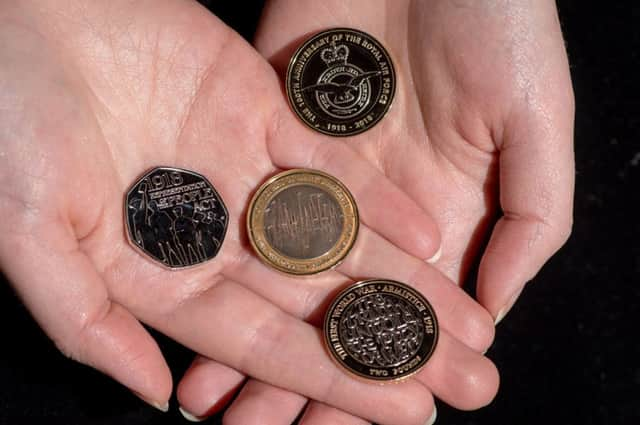Events prompt remembrance a century on from Armistice


A series of commemorations will mark the course of the final year of the First World War, leading up to the centenary of the Armistice that brought the conflict to an end.
The 2018 events include ceremonies commemorating General Ferdinand Foch’s appointment as Supreme Allied Commander on the Western Front and the Battle of Amiens, and bells ringing out across the UK on Armistice Day.
Advertisement
Hide AdAdvertisement
Hide AdThey aim to help people understand how the course of the war changed in 1918, to give thanks for peace and to remember the sacrifice of 800,000 soldiers who went to war and did not come home, the government said.
Events include:
A ceremony on 26 March at the equestrian statue of Generalissimo Ferdinand Foch in London, marking his appointment as Supreme Allied Commander on the Western Front.
The move, which brought about coalition warfare that was a significant factor in the Allied military successes in summer 1918, followed the German “spring offensive” which pushed the British back to their 1914 lines in March 1918.
A service on 8 August at Amiens Cathedral, France, to mark the centenary of the Battle of Amiens and the subsequent “hundred days offensive” which was a decisive point in the war.
A series of events on 11 November, the centenary of the Armistice, including a commemorative service at St Symphorien Cemetery near Mons, Belgium, where the war began in 1914.
The national service of remembrance at London’s Cenotaph will have an extended march past afterwards.
Church and other bells will ring out as they did at the end of the First World War, and government funding is supporting the Central Council of Church Bell Ringers to recruit 1,400 ringers – the number lost during the war.
The day will end with a service at Westminster Abbey, London, along with others in Glasgow, Cardiff and Belfast, to give thanks for peace and those who returned.
During the year, a series of exhibitions from the Imperial War Museum will reflect on the impact the war had in shaping the modern world.